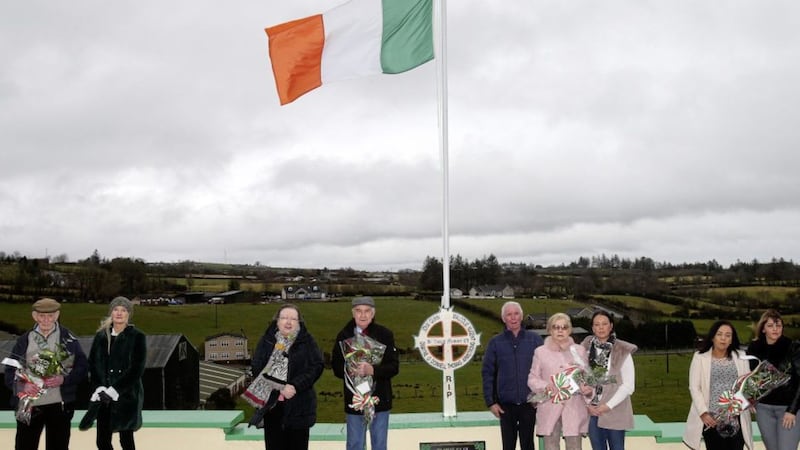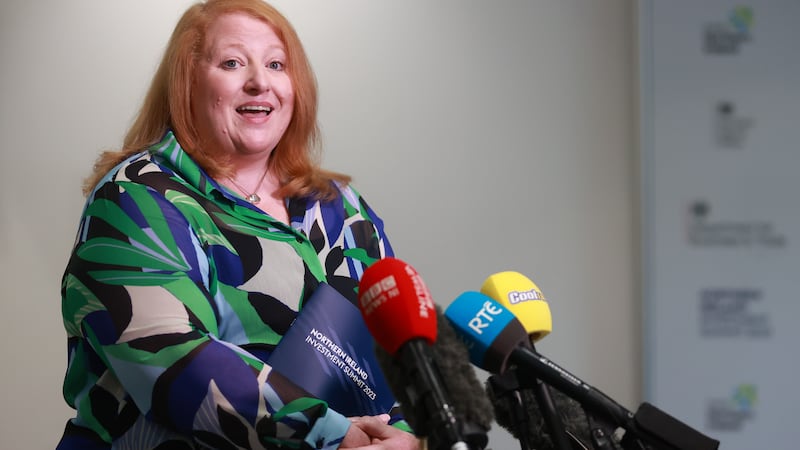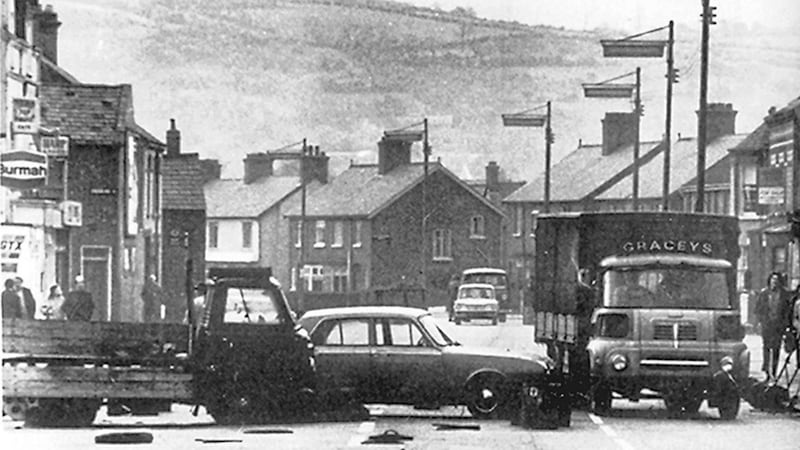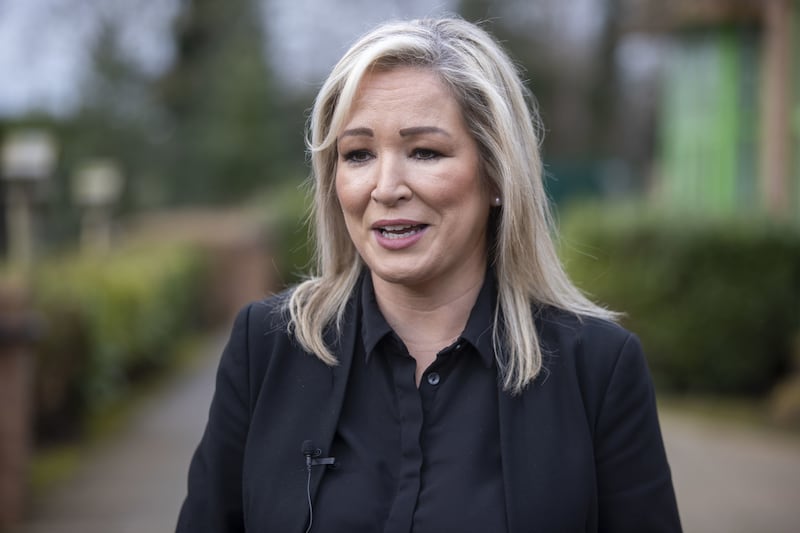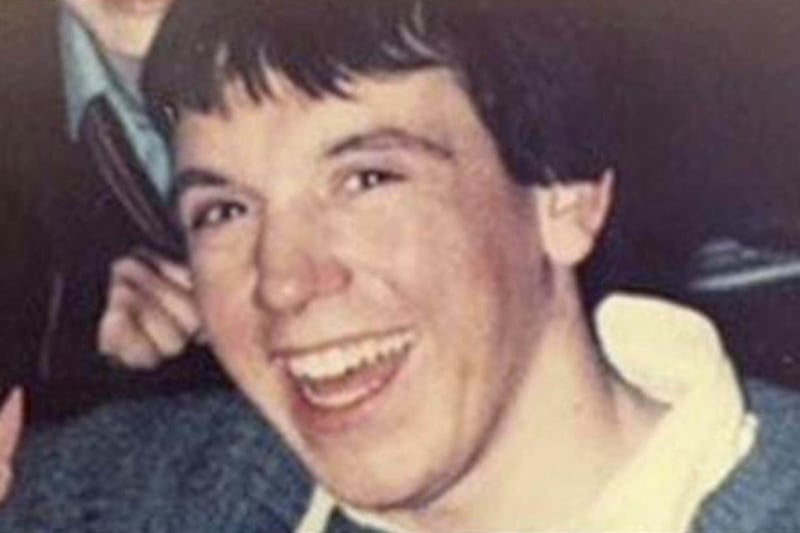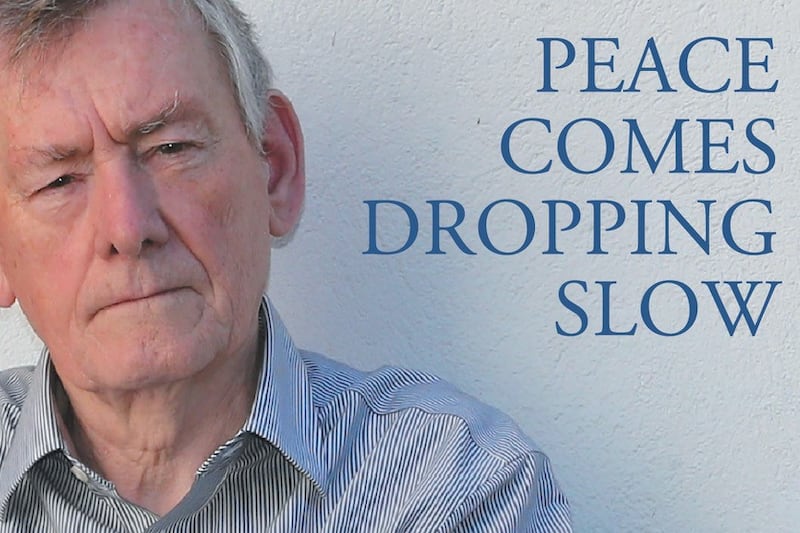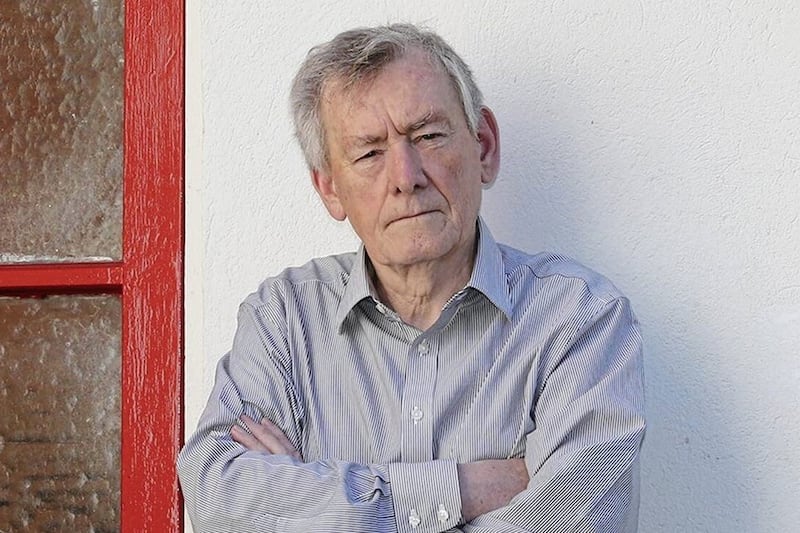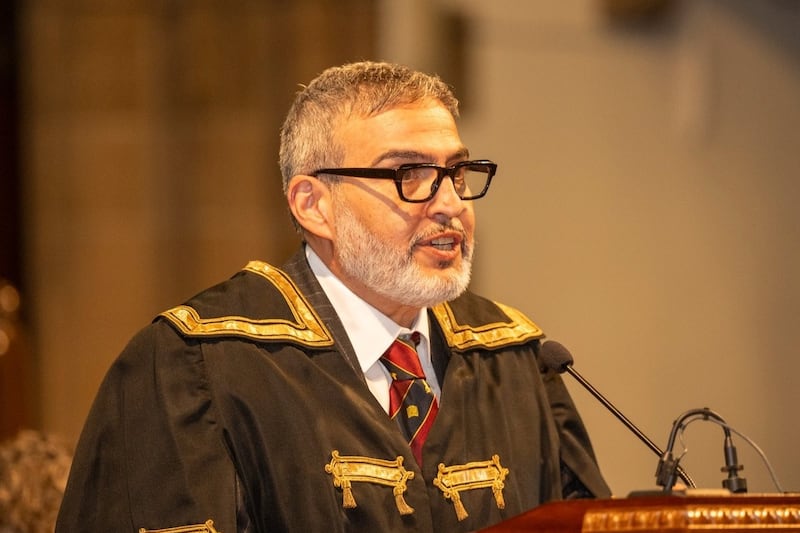THE loyalist murder of four men in Co Tyrone 30 years ago was described as "professionally carried out" in a report produced by the British army.
IRA members Malcolm Nugent (20), Dwayne O’Donnell (17) and John Quinn (23) were shot dead along with civilian Thomas Armstrong (52) at Boyle’s Bar in Cappagh on March 3, 1991.
The three were killed after they drove into the pub car park as a loyalist murder squad lay in wait.
Although wounded, a fourth man who was travelling in the vehicle escaped death.
The attack was later claimed by the UVF.
A Historical Enquiries Team report, which was focused on the murder of Dwayne O’Donnell, reveals that in December 1991 three part-time members of the UDR were among four suspects arrested.
A fourth man, a relative of one of the UDR men, was also detained.
The report says that intelligence was later received naming the three suspects as being responsible for Mr O’Donnell’s murder.
Then UVF commander Billy Wright was also one of two men who were arrested on the night of the killings.
All those arrested were later released without charge.
Two reviews into the murders were carried out in 1991 and 2002.
In 1991 a joint British army and RUC team examined intelligence relating to several murders and attempted murders “as a result of raised concerns of security service collusion in east Tyrone".
An Irish News review of documents linked to the attack has revealed how military chiefs viewed the killings at the time.
A document, believed to have been produced by the military's Weapon Intelligence Section, dated seven days after the murders, provides details of how the gun attack was carried out and the weapons used.
In a section headed 'investigators comments' the report also provides analysis of the killings.
"The murder would appear to have been very professionally carried out," the author wrote.
"From investigation of the scene it was found that the groupings of the bursts of fire were quiet exceptional for a PPM shoot and the targets had been well acquired."
The reference to PPM is believed to be military shorthand for Protestant Paramilitaries.
The report also suggests "a lot of ground recce must have occurred before this shoot as the perpetrators struck deep at the heart of a republican area".
It suggests that John Quinn, who was driving, had only recently bought the car the victims were travelling in.
"It must also be assumed that 'dickers' were used to confirm the impending arrival of Quinn and his vehicle, supporting theories that he was an intended target," it states.
Briege O’Donnell, mother of Dwayne O’Donnell, last night said her family has been failed by the state.
"We are now seeking a full independent investigation and have issued civil proceedings to achieve this to get justice for our loved ones and we will continue to do that in their memory,” she said.
Malcolm Nugent’s sister Siobhan Nugent said the families of those killed in Cappagh "have always suspected collusion" in the case.
"Now on the 30th anniversary of the murders each one of the families remain as determined as ever to discover exactly what happened that night," she said.
"We will not be found wanting, either now or in the future, in our pursuit of the truth."
Mark Thompson from Relatives for Justice said: "The truth of this needs to be established and RFJ stands behind all the families affected."
Solicitor Gavin Booth, of Phoenix Law, said: "It's wholly inadequate for families to find that information is available in the public domain about their loved ones but has never been provided to them."
